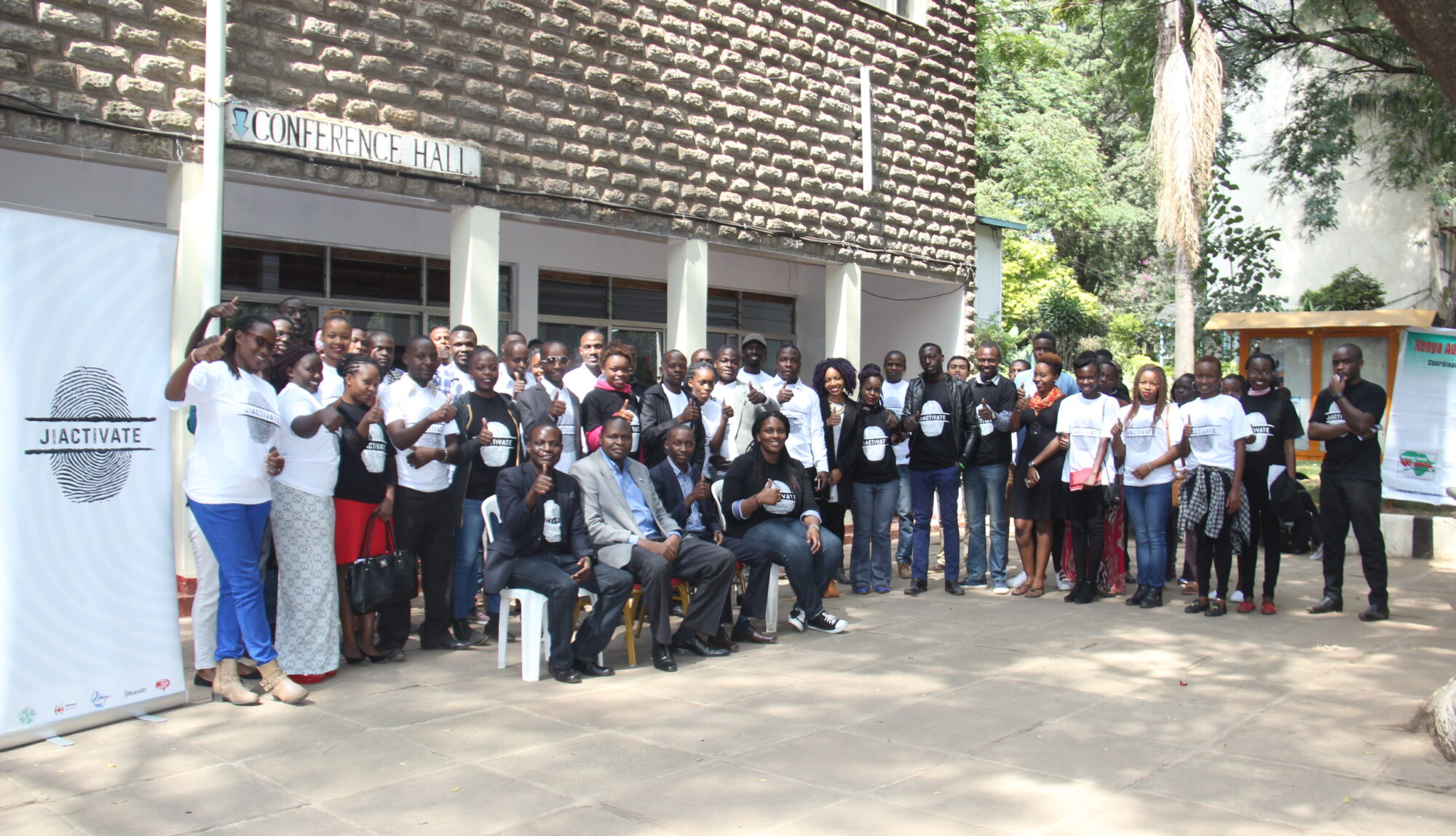Keep Your Hopes Up

There is more to life than pleasant pastures and cool streams. We are frequently confronted with adversity and disappointment. Life’s difficulties and challenges can sometimes lead to a person dropping out of school. According to an Out-of-School Children Initiative study conducted in Kenya in 2020, nearly 1.13 million primary school-aged children (6 to 13 years old) never returned to school when schools reopened in Kenya following the pandemic. Some of the causes of school dropouts include early childhood marriages, child labor, pregnancies, academic failure, disengagement, financial difficulties, mental illness, drug use, and addiction.
So what if you didn’t finish school? What is your ultimate goal? When confronted with such a circumstance, one may wonder, “What will my future be like?” Is there still a chance? Is this the end of my story? Can I still realize my ambitions? KEEP YOUR HOPES UP! People find these words to be very encouraging. It is not the end of the world if you drop out of school. It doesn’t even rule out the possibility of pursuing one’s professional ambitions. Even if a person drops out of school, he or she can still learn a variety of skills. And, in today’s world, skills, particularly personal skills, employability skills, and technical skills, are highly valued.
Enrolling in TVETS is one of several ways to learn technical and employability skills. The World Bank, for example, estimates that 1.5 million new jobs will be required in East Africa’s manufacturing sector by 2025. According to the standard newspaper, demand for ICT skills is expected to increase 3.7 times over the next ten years. This highlights the growing demand for technical and vocational skills. East African countries, on the other hand, continue to face a severe shortage of technicians and artisans. The wonderful thing about TVETs is that they allow anyone to pursue their career goals, including those who have dropped out of school or failed their exams. They are open to everyone, regardless of educational background.
We engaged out-of-school adolescents in Makadara sub-county at Lungalunga Health Center during one of our activities, where our main focus was the PMNCH domain 4 for adolescents’ well-being project; learning, competence, skills, and employability. We invited Dandora TVET speakers to guide the adolescents through the following processes: TVET registration, which is similar to registration in other educational institutes, TVET eligibility, common TVET courses, course duration, and scholarly sponsorships and grants. They mentioned CDF funds, HELB loans, and KYEOP as potential government scholarly sponsorship and grants sources. They also stated that one’s dream should never die because they dropped out of school for a variety of reasons, including becoming pregnant.
To provide a well-rounded mentorship, we included nutrition and SRHR education. Because most of the participants were teen moms and dads, we incorporated the importance of healthy nutrition, healthy meal budgeting at a low cost, proper meal preparation methods, kitchen gardening, and other optimum nutrition tactics into our engagement. Good and healthy nutrition can aid in the abolition of intergenerational malnutrition, which is a major issue in today’s generation. The goal of the SRHR education was also to empower adolescents to recognize different types of sexual abuse, take action, and become champions in the fight to end sexual violence.
This was part of implementing Phase III of the PMNCH “Advocating for Adolescents Well-being” project, which aims to empower adolescents in a multi-sectoral manner to ensure their well-being and ability to achieve their full potential. The three objectives of this third phase include mobilizing and amplifying adolescents’ voices and meaningful participation on what actions and resources are needed to support them to ensure their wellbeing, strengthening the capacity of youth on advocating for adolescents’ well-being so that government policies and actions correspond to commitments including for realization of PMNCHs Call to Action for Adolescents Wellbeing, supporting advocacy communications to mobilize stakeholders’ efforts towards PMNCH’s Call to Action for Adolescents Well-being and 2023 Global Summit on Adolescents for increased commitments, resourcing and acceleration of efforts towards 2030.
At the end of the meeting when we asked the adolescents what they were taking home, everyone’s response was HOPE. And yeah, always KEEP YOUR HOPES UP.